What are travel agents?
Travel agents are tourism professionals who help individuals and groups plan, book and manage travel arrangements, and help suppliers distribute their inventory to a wider market. They serve as intermediaries between travelers and suppliers (in this case your hotel). They can either be self-employed or work for a travel agency (offline, or most commonly these days, online). They essentially sell travel-related products, whether that be airlines, hotels, tours, insurance or car rentals.

Why are travel agents important for hotels?
Travel agents can help bring value to hotels by helping consolidate bookings, and by serving an active role in selling your hotel to potential guests who might not otherwise know your hotel brand. They can help distribute inventory, promote your hotel through their network of contacts, and thus provide incremental bookings that your hotel would not otherwise get.
Best travel agents for hotels
Nowadays, the best travel agents are online, and they are known as OTAs. There are some smaller, more boutique agencies that are both online and offline, but as part of your distribution strategy, it’s crucial that you focus your efforts on your own direct channels and a mix of online travel agents.
Expedia
Expedia is part of the Expedia Group, including Hotels.com, Hotwire, Orbitz, Trivago and Travelocity. The great thing about listing your hotel on Expedia is that you can take advantage of their extensive network to broadcast your inventory across their different distribution channels.

Booking.com
Booking.com is without a doubt the place to be when it comes to online travel agents. It’s an OTA that helps users book 1.5 million stays every day, thanks to a user-friendly platform, powerful marketing and valuable data and analytical tools.
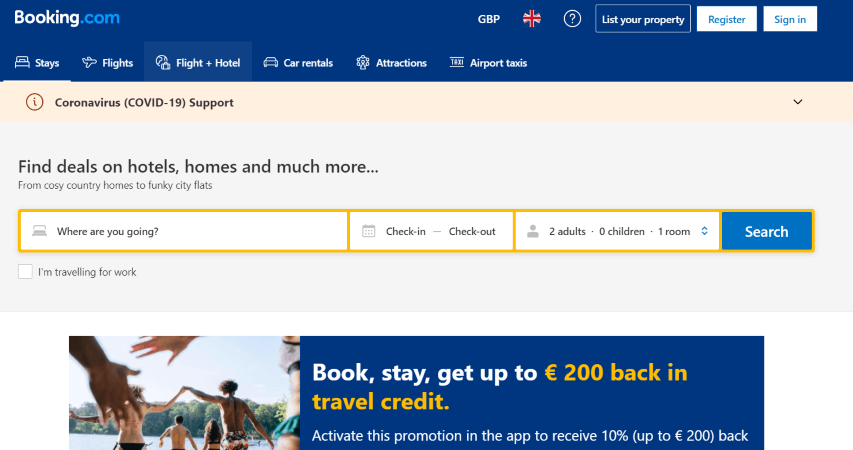
Agoda
Agoda is a must, particularly for those properties in Asia – but it’s slowly starting to gain traction in Europe, USA and India too. As part of the Booking Holdings family, it offers discounted stays across 5.6 million hotels ranging from budget to five-star luxury stays.
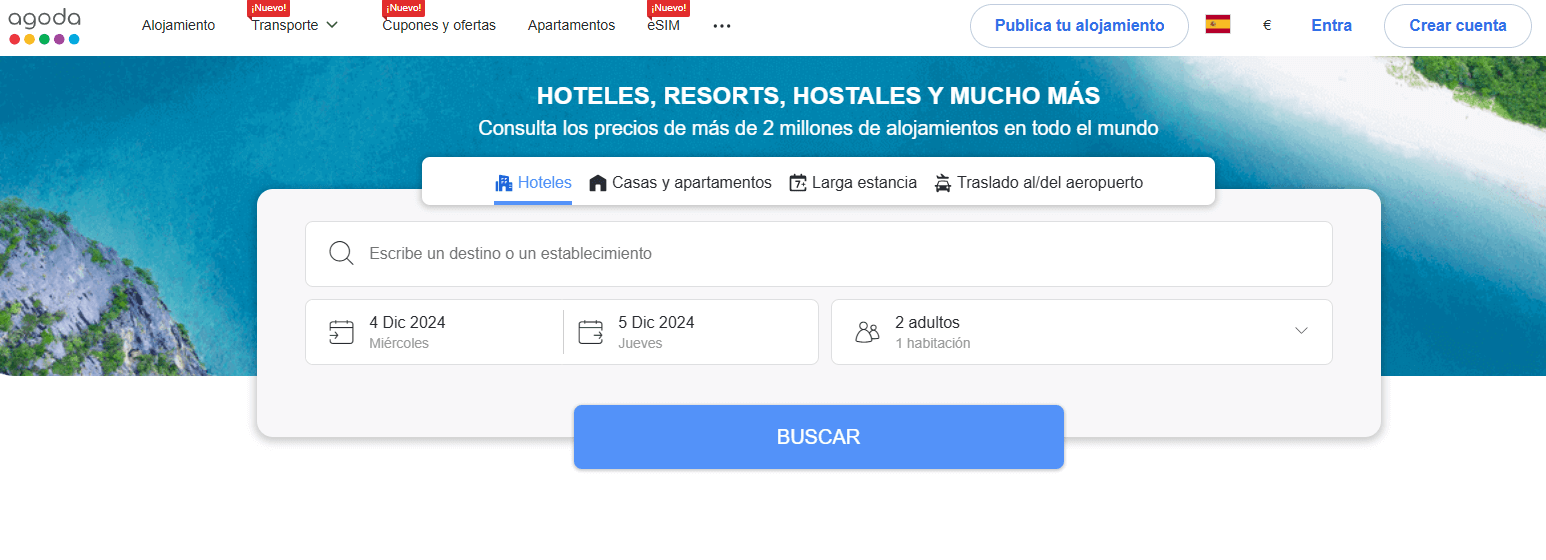
Hotwire
Hotwire has an interesting spin on distribution. It makes last-minute deals and hotel rooms that have not yet been sold available to potential guests, allowing your hotel to sell inventory that would otherwise go unsold. Your hotel brand is not revealed until the guest has already paid.
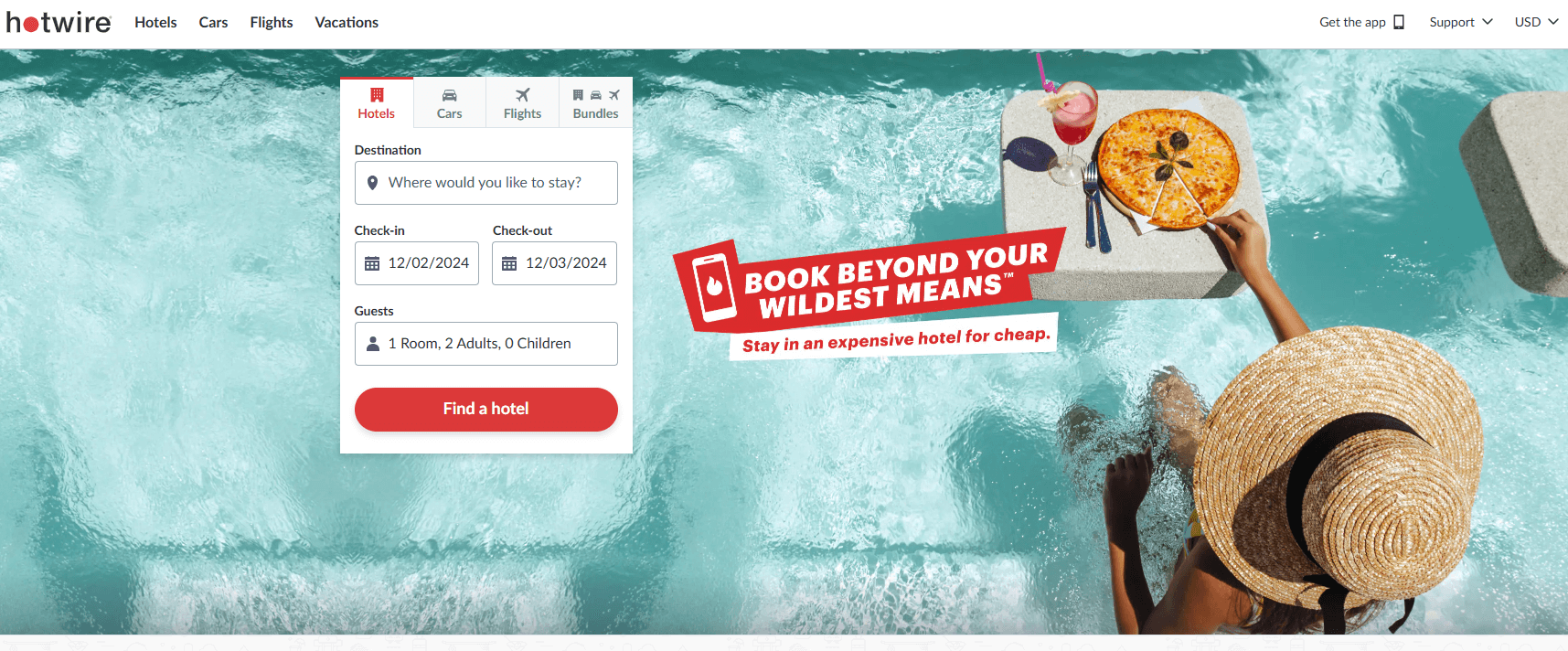
Trip.com
Trip.com is particularly popular for the Chinese market, and Asia as a whole – with additional service centers in both Tokyo and Seoul. Trip.com also owns Skyscanner, Qunar and Ctrip.
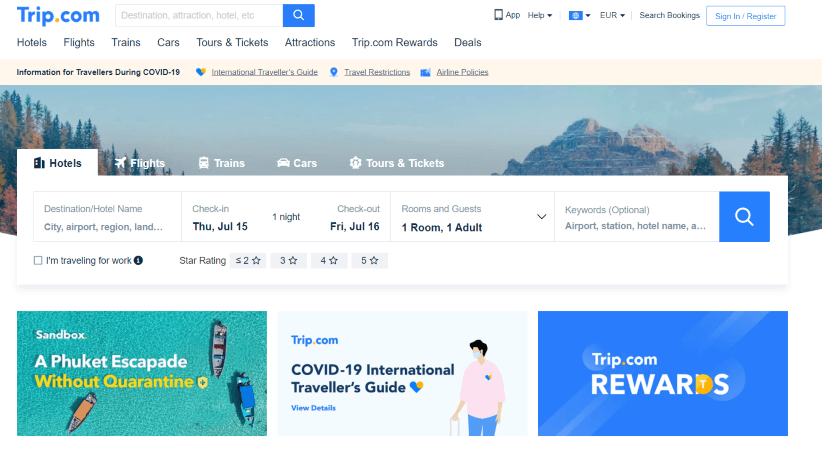
Hotelbeds
Hotelbeds is a site for B2B buyers, which includes tour operators, travel agents, airlines and loyalty points. Listing on this travel agency is a great way to get exposure to this B2B market and boost your bookings.
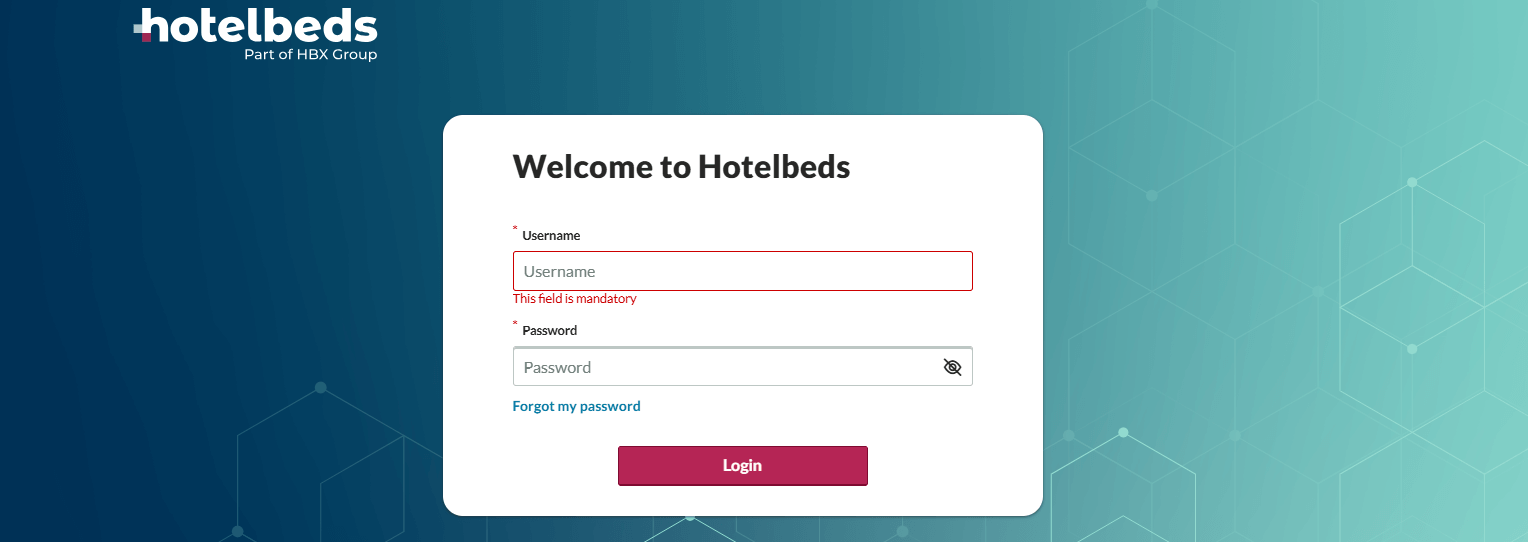
Benefits of travel agents for hotel booking
There are many benefits of travel agents for hotel bookings. Let’s take a look.
Boost direct bookings
Travel agents can help to boost direct bookings in an indirect way. Many people will do their first hotel research on an OTA or metasearch site before heading to book directly with your hotel. This is why it’s so important to have a seamless booking engine on your site as your distribution strategy.
Take advantage of their marketing budgets
Travel agents typically have larger marketing budgets, which means your hotel can benefit from their extensive reach. This compound effect not only drives traffic but also boosts your SEO through valuable link building. The result? Improved visibility and higher rankings in Google search results.
Increase bookings
Partnering with travel agents can help fill rooms during off-peak seasons, reducing vacancy rates by connecting your hotel with a broader audience of travelers. It also opens the door to new markets and attracts a more international clientele.
Broader reach
Travel agents can work with both online and offline networks, making your hotel rooms available to a wide network of potential guests that may not otherwise discover your hotel.
Drive corporate bookings
Specialized travel agents focusing on business travel can be valuable partners in boosting bookings for corporate meetings and events. Many companies rely on a single agency to manage their travel needs and negotiate rates, making it easier to attract corporate groups who are more likely to become repeat guests.

Disadvantages of travel agents
Let’s take a look at some of the disadvantages that can come when working with online travel agents.
Commissions
Working with travel agents comes at a cost. They generally have commissions or service fees, which can decrease the revenue generated from each room booking and decrease overall profit margins. Commissions can range from anything between 10% to 30%. Some travel agencies may also charge marketing costs or additional fees to list your property, further cutting in on your profits.
Lack of pricing control
Travel agents, especially larger agencies or OTAs, may also enforce rate parity agreements, which prevents your hotel from offering lower rates on your own website. They also might pressure you to constantly improve the price, which can ultimately make it difficult to control revenue streams.
Brand dilution
When guests book with a travel agent, their first point of contact is the travel agent’s brand – rather than your own hotel. This can directly affect your hotel’s ability to make a first impression and also means that you have less control over the marketing messaging. These two things combined can result in brand dilution, plus inconsistency in your unique selling proposition overall.
Conclusion
We’ve explored how travel agents can play a key role in helping hotels boost bookings. From the benefits they offer to the top agencies to consider, this guide has prepared you to make informed decisions about incorporating travel agents into your hotel’s distribution strategy.
While direct booking channels are essential for maintaining control over customer relationships and reinforcing your brand identity, working with travel agents can open the door to new markets and opportunities. By striking the right balance, you can tackle potential challenges while leveraging the strengths of both approaches.
Ultimately, travel agents are a valuable tool to expand your reach and drive bookings—making them an integral part of a well-rounded strategy.
